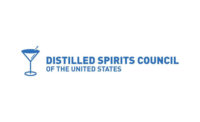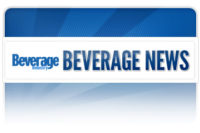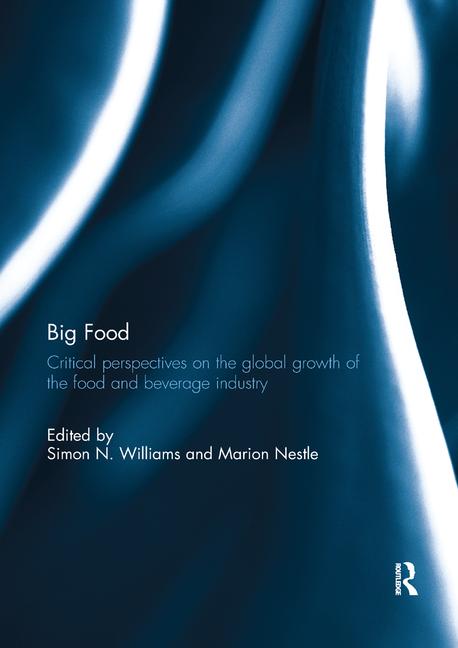The saying goes that perception doesn’t always meet reality. As brand owners look to meet the evolving needs of American consumers, understanding the habits, perceptions and intentions can be crucial when striving to build brand loyalty.
In Mintel’s April report titled “American Lifestyles – US,” the market research firm found that as Americans entered 2017, many adopted a “wait-and-see” approach hoping that the country will unite and improve the lives of those in the middle class.
Among the findings, which surveyed 2,000 Internet users ages 18 and older, it found that 78 percent of respondents perceive their current financial situation as “healthy” or “OK.” Mintel notes that this could be a positive indicator for 2017 in terms of economic growth, as consumers likely will be more willing to spend more if they view themselves as financially stable.
Another interesting finding within the report was consumers’ perceptions of whether they are spending more or less than they did in previous years. When reflecting upon 2016, Mintel found that the number of consumers who thought they spent more on alcohol drinks in home, alcohol drinks out of home and non-alcohol drinks all registered percentage-point declines versus the same question for 2015 spending.
Additionally, when respondents were asked where extra money is spent once all bills are paid and necessities are bought, dining out registered as the No. 1 choice with 34 percent indicating it as such. However, this still is a 4 percentage-point decrease from 2016. Eleven percent of respondents listed beer/wine/distilled spirits, which is a 2 percentage-point decrease from last year’s survey.
The market research firm notes that these indications could be related to lower costs for food items in the marketplace. “Reflecting the data on perceived spending over the last 12 months, it’s possible that consumers are feeling the effects of low food prices, which make them feel as if they aren’t allocating as much of their discretionary income toward food costs (even though food-related expenditures continue to increase),” the report states.








